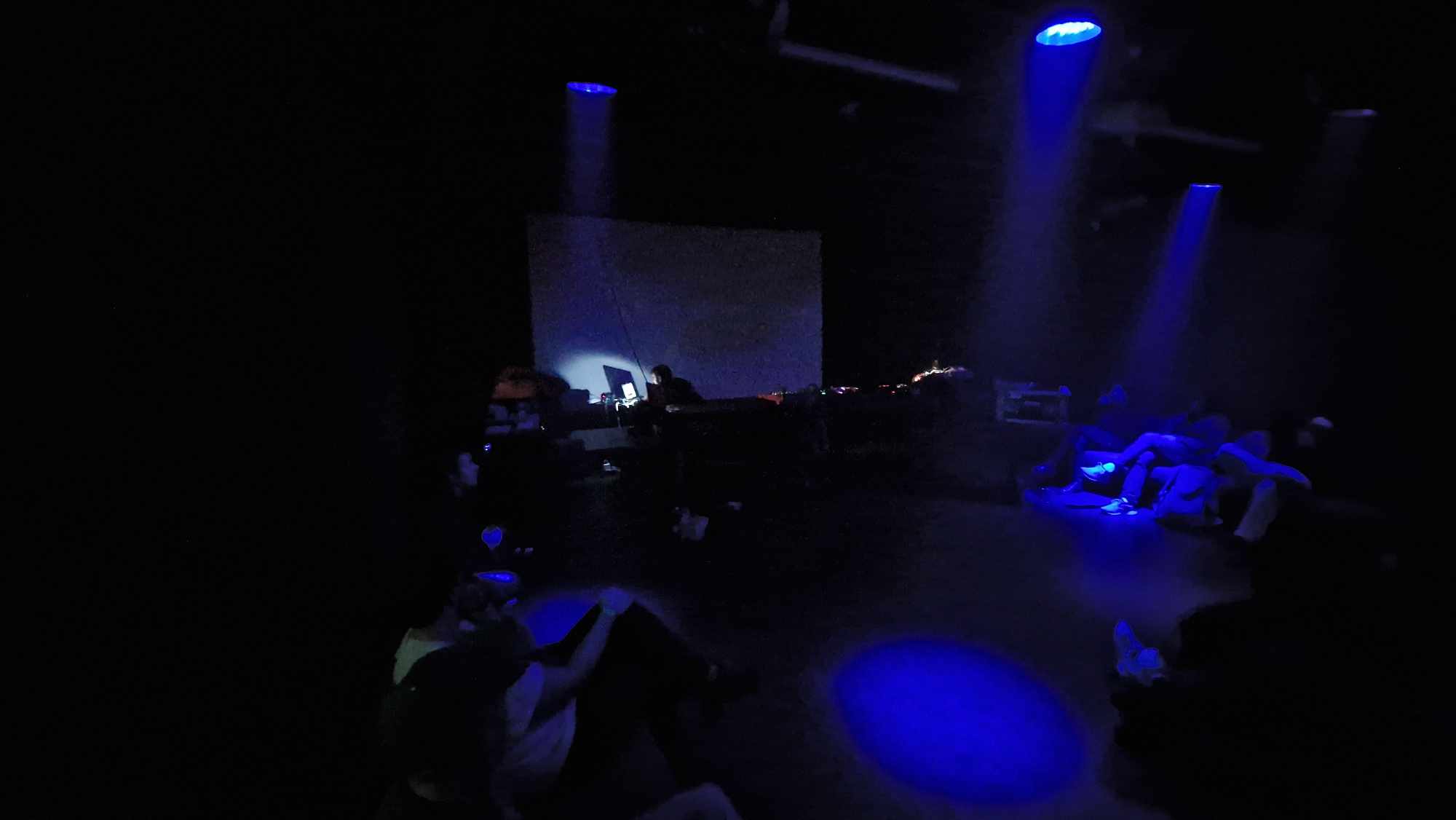Affects & Dreams presents a Mille Plateaux Special to coincide with our involvement in Mille Plateaux’s “Ultrablack Nonference” happening in Graz, Austria this weekend.
We will be there with some film screenings, some books, some performances and more:forumstadtpark.at/de/aktuelles/mil…black-nonference
A similar position can be found in Karl-Heinz Brodbeck, who points out that the models of economic sciences always have a normative basis, which is, however, mostly concealed, and that alternative practices of action not only have to expose these foundations, but also have to propose alternative options in which ethics becomes transparent. Selection is always also a question of evaluation. And without the moment of uncertainty and potential variation, there is no transmission of information, so that even choice generates information that is not the product of already stored information. And correspondingly, in options theory, the unpredictability of choice produces new information, which in turn allows choices to be prioritized in terms of their ranking, so that the gaps between places can be measured and their changes evaluated. In this respect, capital markets are a medium of communicating contingency, which, as Elie Ayache says, generate order from randomness and thus allow value to be stored. Whereby a distinction would then have to be made here between uncertainty and calculable risk; the former can never be caught up even in the future, because the future, as Laruelle says, remains closed.
Robert Meister, contrary to all liberal and previous Marxist traditions, wants to answer the question of justice not as the tension between equality and freedom, but in the terms of options that can increase their value through political and social struggles, which in turn point beyond the practice of just helping people to offer more realistic choices based on the low value that people embody today. If options can be directly valued, then we no longer have to speak of a conflict between equality (spreads) and freedom (choice), but rather, as with derivatives, of a choice that is not currently possible, which has a time value that becomes greater the more time there is and the higher the volatility of the struggles, and therefore of the justice, that is expected during that time. This is precisely what we call derivative communism.
The derivative moment of uncertainty or the unthinkable can be related to quantum emergence, which makes the constant creation of something new a feature of the quantum world. The both/and nature of quantum reality also extends to positions in space and time. While both Aristotelian and Newtonian logic insist that a particle is either here or there, that it interacted with another particle either now or then, experiments in the quantum laboratory have demonstrated that particles and their interactions are distributed across space and time. Particles can be both here and there, interactive events can happen both now and then. And the same quantum logic applies to statements, decisions, and desires.
The tendency today is to treat quantum physical systems more and more as mere carriers of information. Quantum physics is increasingly transforming into quantum information theory. In this process, the physical properties of the carriers of quantum information are often disregarded. One is only interested in the properties of information processing. In particular, physical spacetime has disappeared from quantum (information) theory. The most basic tool is the quantum probability formalism, the calculus of complex probability amplitudes, equipped with Born’s rule coupling complex amplitudes with probabilities. Another powerful mathematical tool is the use of tensor products to model the (information) behavior of composite systems – a group of transformers that interact with information fields. It is likely that such aspects can be incorporated into money-less matching methods. All this would now need to be investigated further.
[1] For “eco-modernists” like Matthew Huber, greening post-capitalist systems requires a massive effort of public investment and planning, with accelerated technological progress. Solving climate change requires massive development of productive forces, as well as socialist planning.
Japanese philosopher Kōhei Saitō, on the other hand, is less optimistic about the ecosocialist potential of technological progress. The technological form of the productive forces is inextricably linked to capitalist relations of production. Saitō concludes that the productive forces of capital cannot be transferred to postcapitalism because they are created to subjugate and control workers.
While the first position involves an act of faith in the wisdom of a future socialist leadership in dealing with the technological legacy of capitalism, the second overlooks the fact that abandoning the productive forces of capital and downsizing production could lead to a despecialization of productive activity, resulting in a dramatic decline in labor productivity and ultimately a collapse in living standards. – Achim Szepanski

